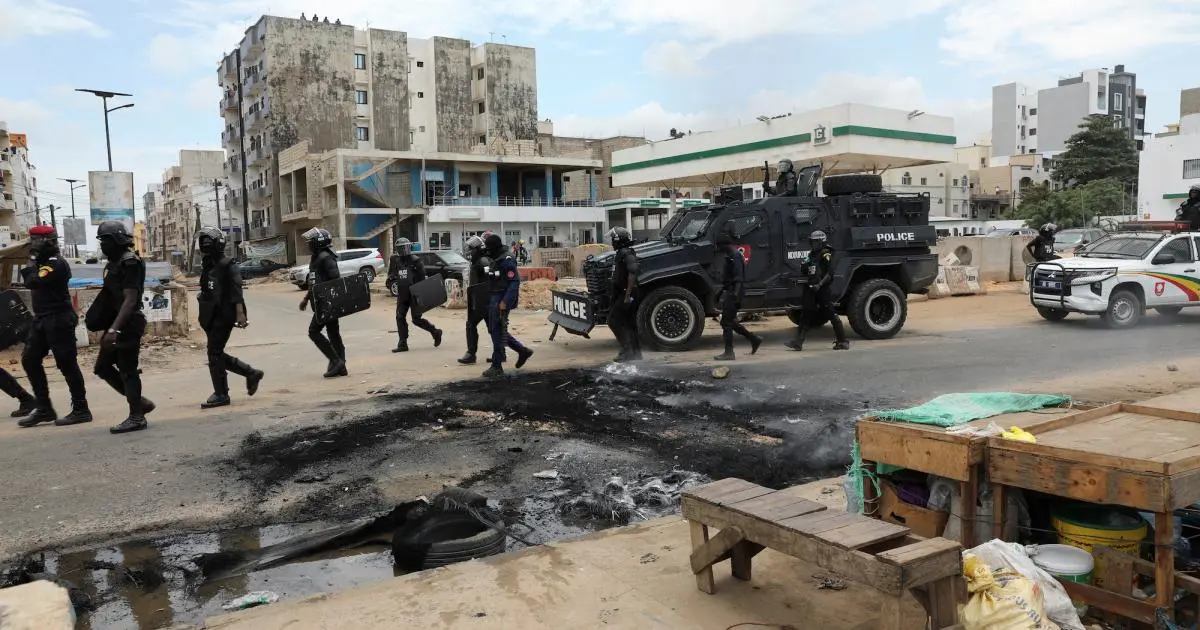
For more than a month, Senegal’s judicial system has been brought to a near standstill. Courtrooms sit silent, cases gather dust, and citizens in search of justice face mounting frustration.
Since June 18, clerks across the nation’s courts have been on strike—an action that has paralyzed legal proceedings and deepened a growing sense of national unease.
On Monday, July 28, the crisis entered a new phase with a fresh 72-hour walkout.
This time, however, a new actor has quietly stepped into the fray: the Mediator of the Republic, Alioune Badara Cissé.
In a brief, low-key statement, Cissé revealed that his office had begun discreet mediation efforts aimed at rekindling dialogue between striking clerks and the government.
The roots of the clerks’ grievances stretch back to 2018, when promises were made regarding their professional reclassification and integration into the A2 administrative hierarchy. Six years later, those promises remain unfulfilled.
The two unions leading the strike, SYTJUST and UNTJ, say they have lost faith in verbal assurances and are demanding concrete action. “We are no longer interested in postponed deadlines,” union representatives have stated.
In an attempt to maintain essential court services, the Ministry of Justice has resorted to issuing requisition orders—a move denounced by the strikers as “illegal, repressive and ineffective.”
According to them, the problem is not administrative but rooted in a deeper political mistrust.
With formal negotiations at an impasse, pressure is now mounting on Prime Minister Ousmane Sonko to intervene directly.
Civil society groups such as the Forum du Justiciable warn of the dire human cost of the prolonged deadlock, highlighting extended pretrial detentions and the backlog of unresolved civil matters such as divorce and family cases.
The ombudsman’s quiet diplomacy, moving forward behind closed doors rather than public platforms, is seen by many as a cautious but vital attempt to restore communication.
While this delicate approach avoids political spectacle, it could prove instrumental in breaking the impasse—provided it succeeds in restoring trust on both sides.
For now, the justice system remains frozen, and citizens continue to bear the brunt of the silence. The question is no longer just legal—it is profoundly human.



